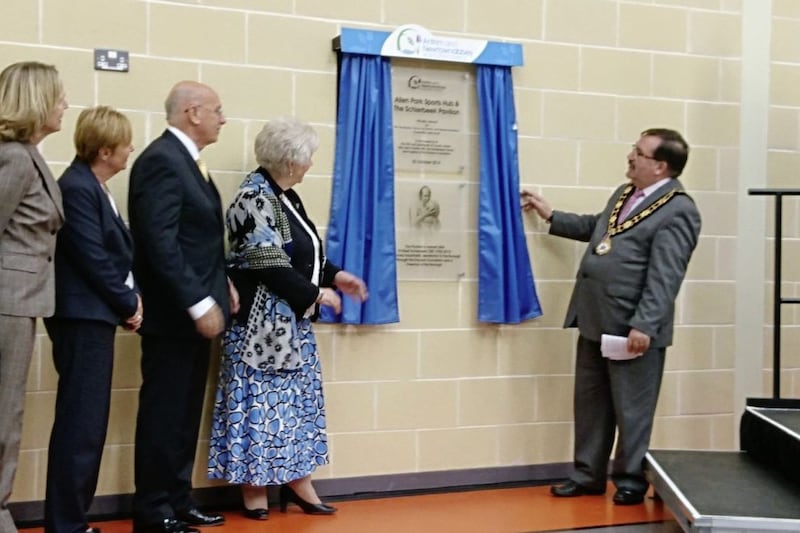Boiler owners hit by huge payment cuts to Northern Ireland’s botched Renewable Heat Incentive scheme have been blocked from taking their legal battle to the UK’s highest court.
Justices at the Supreme Court in London refused permission to appeal previous rulings that the swingeing tariff rates to businesses signed up to the green energy initiative were lawful.
Applications were denied on the basis that they raised no arguable point of law.
The decision, issued on Tuesday, represents a further blow in the campaign by operators who believed their subsidies were guaranteed for 20 years.
Members of the Renewable Heat Association NI Ltd will now consider an attempt to take their legal fight to the European Court of Human Rights.

Andrew Trimble, chairman of the Association, said: "The Supreme Court's rejection of our application for leave to appeal is a disappointment and a significant set-back for the renewable energy sector in Northern Ireland.”
He added: ““Our strategy is twin-track: we have a mandate to pursue the matter through the European courts whilst at home, we must convince and cajole our MLAs to recognise the damage that they have done to potential foreign direct investment and the achievement of the climate counter climate change goals.”
The Association and Co Antrim poultry farmer Thomas Forgrave took separate cases against the Department over legislative changes introduced in 2017 and 2019.
The revised RHI regulations saw average annual payments to non-domestic operators slashed from £13,000 to £2,000.
Boiler owners claim it was an unlawful step as they were given cast-iron assurances on the rate of return when they invested in the incentive back in 2012.
Set up to encourage businesses and other non-domestic users to switch to environmentally friendly wood pellet burning systems, the RHI scheme was plunged into controversy after the potential cost to taxpayers emerged.
Because subsidies were higher than fuel costs it became known as "cash for ash", closed to new entrants in 2016 and eventually led to the collapse of the Stormont's power-sharing administration a year later.
A public inquiry chaired by Sir Patrick Coghlin identified a series of failings but found no evidence of illegal activity.

Two judicial review challenges at the High Court in Belfast held that the reduced tariffs were lawful.
Lawyers for the “2012 cohort” of boiler owners appealed those ruling, claiming insufficient weight was given to the potential catastrophic impact on their livelihoods.
Mr Forgrave’s award-winning business was said to have been left potentially unviable after he borrowed hundreds of thousands of pounds to install ten biomass boilers at his poultry farm in Co Antrim.
The Court of Appeal also heard that despite lurid headlines at one stage about the scheme potentially costing up to £700m, a £390m underspend is now estimated.
Counsel for the Department insisted the level of payments made to Mr Forgrave were “not an excessive burden”.
He also forecast that the poultry farmer could have received nearly £8m over the lifetime of the scheme if the 2012 rates remained in place.
Based on the RHI methodology, another man who installed four 99kw boilers at a total cost of £111,000 was said to have secured returns of 204%.
He would have been paid more than £2.5m if subsidies had continued at the original rate, the court heard.
The Department argued that a government authority can break a legitimate expectation, provided it does not amount to an abuse of power.
In February, the Court of Appeal ruled that the payment cuts were lawfully made to prevent a crisis in public finances.
Senior judges accepted RHI boiler owners had a legitimate expectation the rates were guaranteed, but they held this belief could be legitimately frustrated due to the wider public interest in protecting the Northern Ireland budget. ends








